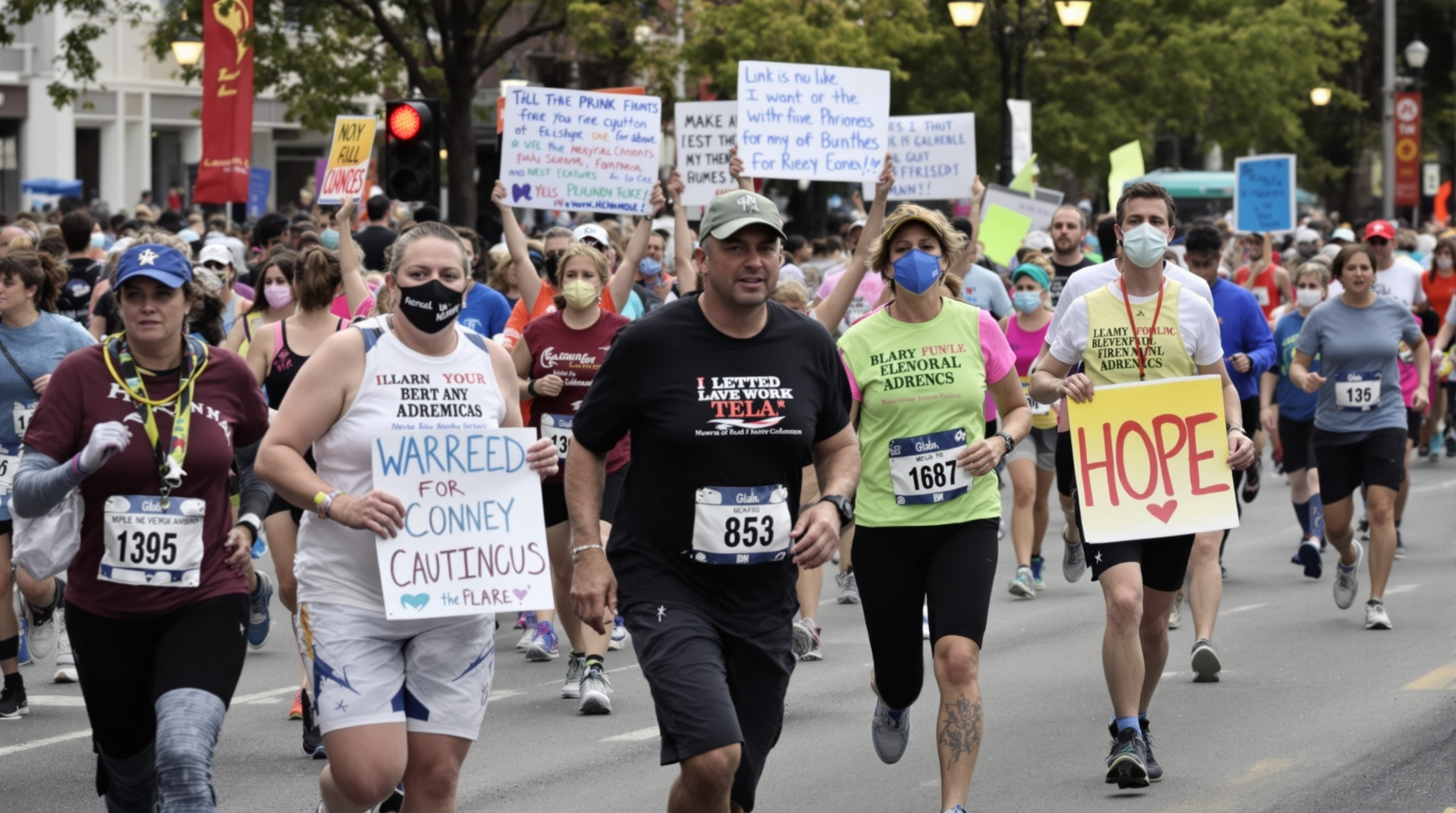The annual charity half marathon's connection to colon cancer awareness represents one of running's most profound purposes—channeling compassion into life-saving action. This community initiative inspired over a decade of fundraising and awareness that touched thousands of lives. Today, we honor that legacy by sharing evidence-based information on prevention, screening, and how running protects your health.
The Exercise-Cancer Connection: How Running Protects

Scientific evidence conclusively shows that physical activity reduces colon cancer risk by 30-40%. Running and regular exercise provide powerful protection through multiple biological mechanisms.
How Exercise Protects
- Reduces Inflammation: Chronic inflammation promotes cancer development; exercise lowers inflammatory markers
- Improves Immune Function: Regular activity enhances immune surveillance that detects and destroys abnormal cells
- Regulates Hormones: Exercise balances hormones linked to cancer risk, particularly insulin and growth factors
- Aids Digestion: Physical activity speeds gut transit time, reducing colon exposure to potential carcinogens
- Maintains Healthy Weight: Obesity increases cancer risk; running helps maintain optimal body composition
How Much Exercise?
Recommended: 150+ minutes of moderate activity OR 75+ minutes of vigorous activity weekly
The good news? If you're training for a half marathon, you're exceeding these guidelines and gaining protective benefits with every mile.
Official research: National Cancer Institute | American Cancer Society Guidelines


